![]()
As of one month ago, I knew of just one friend who microdosed; my friend, who is a musician, said he was taking 0.1 grams of mushrooms a few mornings a week so he could finish up an album that had been taking him years. Then, a few weeks later, I was at a different friend’s house when he walked into his kitchen, took a teeny-tiny, shriveled-up mushroom stem out of the freezer, snapped off a minuscule amount, and popped it into his mouth, a thing he now does regularly to feel “more open” while on the many work calls he has throughout the day.
This was while telling me about another friend, who’s devised a way to, as precisely as possible, dilute liquid LSD into 10-microgram doses. That guy uses it for painting.
It’s been quiet but also quick: Microdosing, which usually means taking tiny amounts of psychedelics (one-20th to one-tenth of a recreational dose) has spread from San Francisco to New York and around the country. People say they are using it not to escape their everyday lives but to enhance them: If you’re microdosing, you might even forget you’re doing drugs in the first place. The amounts are sub-perceptual, without the seeing-stuff side effects. They’re still themselves, users say, only a little better.
Recent reports show that millennials are drinking less and less interested in drugs like cocaine. But in a strange turn of events, they’ve taken up LSD and mushrooms in the way someone else might pop an Adderall. The most common self-reported benefits include improved mood, better eating and sleeping habits, and less of a need for caffeine. And, really, what could be more millennial than rebranding some of the most potent drugs out there as illegal vitamins that combine the feel-good-ness of self-care with the possibility of gaining a competitive edge on colleagues?
Drug dealers I surveyed have reported an uptick in microdosing requests: “Maybe 10 to 15 percent of my clients plan on microdosing, which is definitely up from when I first started selling mushrooms,” says one Brooklyn dealer. Another says that while she’s noticed more people buying mushrooms and LSD, return customers are consuming them more slowly. One dealer even brings around his scale for microdosers who want to measure out smaller amounts; another creates tinctures of diluted LSD. And a growing number of posts on Reddit devoted to the subject indicates that people are microdosing all sorts of things, from ketamine (for depression) to cannabis (for pain management).
Between 2010 and 2013, microdosing began to gain steam in Silicon Valley coder circles, thanks in part to the preachings of LSD researcher James Fadiman. The appeal of a drug regimen that allows for hours of uninterrupted focus and concentration was not lost on this crowd. Fadiman thinks microdosing caught on so quickly because “it has a small positive effect and it’s not scary,” though, as is the case with all drugs, fear is subjective. Particularly because microdosing is both highly unresearched and incredibly imprecise, and therefore prone to all kinds of dosage mix-ups and unintended trips. In fact, there have been zero controlled clinical trials related to microdosing. In England, Amanda Feilding of the Beckley Foundation is close to beginning a study that will involve hooking up microdosers to an EEG while they play the strategy game Go in an attempt to measure both creativity and cognitive function. For now, that’s it.
Anecdotal accounts already suggest that microdosing is not for everyone. For those who have any sort of bipolar or psychosis history, there is the possibility of overstimulation. It also doesn’t seem to agree with those with existing anxiety, says Fadiman. And, of course, it is illegal.
Yet the curiosity only grows, in part because of renewed interest in the potential therapeutic benefits of psychedelics taken in traditional doses. In Michael Pollan’s new book on the subject, How to Change Your Mind, out in May, he goes deep on the science from professionally guided, federally approved studies that looked at the effects of psilocybin (that’s the psychoactive part of mushrooms) on cancer patients in significantly lessening signs of anxiety and depression.
Which is why some people are ignoring the risks and microdosing to get in on some of the reported benefits. “Eventually, people take things into their own hands,” says Dr. Michael Mithoefer, a Charleston psychiatrist involved in MDMA-assisted psychotherapy for the treatment of PTSD. “Certainly not the ideal way to do it, but that’s one of the problems that happens when the regulatory and scientific community isn’t responding to the need for better medicines.” And perhaps the science will catch up with the culture. “It’s a very plausible question whether microdosing has antidepressant activity,” says Matthew W. Johnson, a Johns Hopkins psychologist who has published psilocybin studies. “If that was true, that could be a novel treatment to one of the world’s biggest medical disorders.”
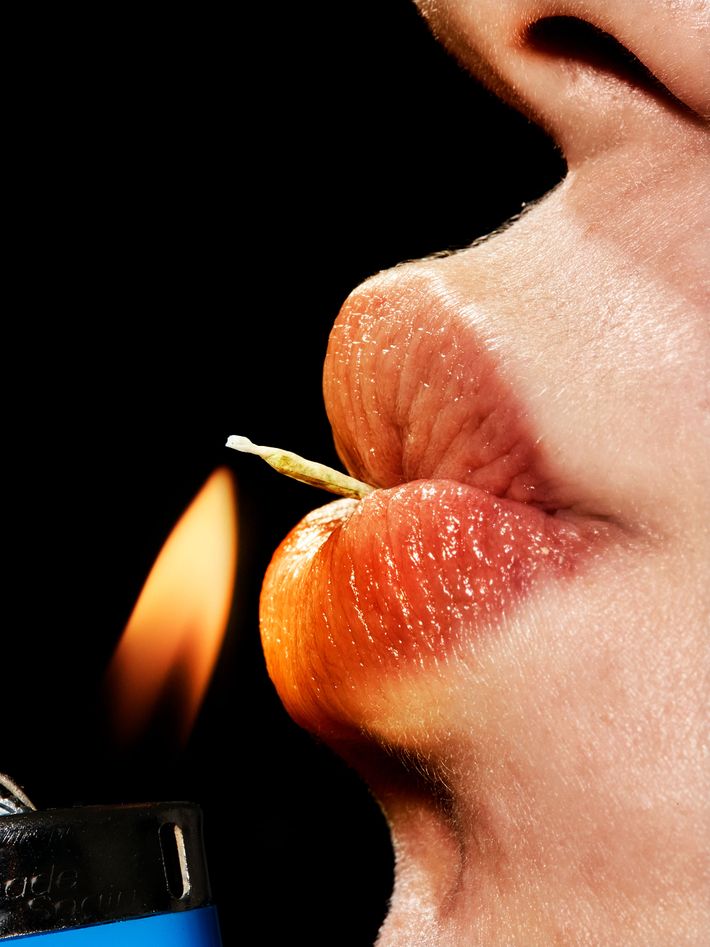
What Is a Microdose?
A microdose is generally considered to be one-20th to one-tenth of a recreational dose. If someone’s seeing things, he or she has taken too much. Most people microdose mushrooms or LSD, but other drugs have also become popular of late.
The Big Seven: What Out There Is Being Microdosed
By Katy Schneider
In the absence of clinical trials and studies, we created this chart by going straight to the source: lots of individual microdosers. We shared our findings with two experts in the field of psychedelics — psychologist James Fadiman and psychiatrist Julie Holland — who confirmed that what we learned meshed with the anecdotal evidence they’ve accumulated over the years. Note: Many of these drugs have serious associated risks, so do not use this as a guide.
LSD
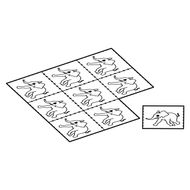
What it is: A drug manufactured from lysergic acid, which is found in the fungus that grows on rye. It is taken in tablets, capsules, gelatin squares, or pieces of paper.
How microdosing it feels: Users describe experiencing a boost in energy, focus, and the feeling that life is meaningful. A proper microdose, according to users of the drug, is like a day in which you’ve “gotten enough sleep and eaten well.” It’s often used to help kick addictions, from cigarettes to heroin. Many LSD microdosers find that it’s made it easier to lose weight, stop drinking, and even cut back on playing video games.
Mushrooms
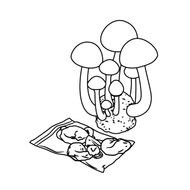
What it is: “Magical mushrooms” contain the psychoactive compound psilocybin. They can be eaten, brewed into tea, or coated with chocolate.
How microdosing it feels: About an hour or two after ingesting the microdose, people notice an increase in focus and energy. Many users find that it helps with weaning off — and staying off — anti-depressants. It can help lessen the side effects of withdrawal and even mitigate depression. Many speak to the drug’s ability to increase empathy, too.
Cannabis
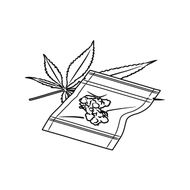
What it is: Cannabis is a psychoactive drug from the cannabis plant. It’s either smoked, vaporized, or taken in tinctures or edibles.
How microdosing it feels: Cannabis in microdose form has been found to be helpful for a wide variety of physical ailments: chronic pain, nausea, inflammation, indigestion, fibromyalgia, PTSD-associated insomnia, even nightmares. But it also helps with mood: It can boost interest in one’s surroundings, creativity, happiness, and focus, while also combating stress.
DMT
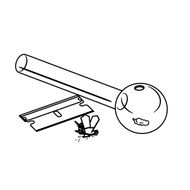
What it is: The active hallucinogenic compound in ayahuasca. It is most often smoked in powder form or consumed in a brew.
How microdosing it feels: DMT has a faster onset than any of the drugs on this list — it can kick in seconds after use, and its acute effects last only about a half-hour. It brings users to a place of introspection and, as one frequent microdoser put it, “cuts out anything that isn’t serving me in the present moment, so I can just enjoy being.”
Ayahuasca
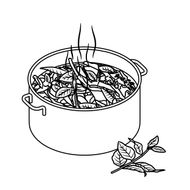
What it is: An Amazonian plant mixture that contains the psychoactive substance DMT. It’s generally consumed in a tea.
How microdosing it feels: Microdosing ayahuasca can increase sensitivity and openness in users — many feel their boundaries and defenses dissolve. It is not optimal for work, as it can make physical and mental tasks slightly more strenuous and can make users feel passive — “It made it hard to answer emails, write queries, research,” said one.
Iboga
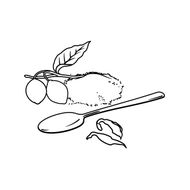
What it is: A rarely microdosed, difficult-to-get perennial rainforest shrub, some take it in premade TA (total alkaloid) powder.
How microdosing it feels: Iboga in small doses can promote introspection, clarity, thoughtfulness, and a feeling of connectedness to people and the world. One user reported feeling “too introspective. I was often lost in thought,” she said, “and had no interest in conversing with others, because small talk seemed too tedious and unimportant.” It’s also been known, in large doses, to reset opiate receptors and therefore help curb cravings.
Ketamine
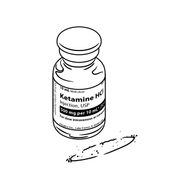
What it is: Ketamine is a medication used for maintaining anesthesia. It is typically snorted, though occasionally injected.
How microdosing it feels: Some users report feeling a physical high and a decrease in physical sensation. “If you have pain in your knees,” says one user, “you’re not going to feel that on a microdose of ketamine.” It also eases stress and depression. With larger doses, users report that those anti-depressive effects can last for days, weeks, or even a month.
The Guy Who’s Microdosed It All (Or a Lot of It)
Cooper M., 23, department lead at a cannabis start-up, Seattle
LSD: “A couple of years back, I was quitting antidepressants. It was tough, and microdosing helped me get through. It was much more effective than any antidepressant I’d ever taken. I took small doses a couple times a week for a few months, and I found that my focus, mood, energy, and creative thinking all improved not only the day of, but the days following as well.”
Mushrooms: “Like LSD, it makes me feel in the moment, and my day-to-day feels fresher and less stale. The main difference is that it’s shorter and less energizing. It makes me feel more ‘go with the flow’ and less analytical and sharp.”
CBD: “I take CBD — the non-psychoactive element of cannabis — every day to help calm my mind and body. I microdose Mr. Moxey’s Mints when I need a little kick or I get stuck in a bad thought loop at work. It’s less impactful per dose than LSD, but I owe being able to function in a 40-hour workweek to them.”
DMT: “I’ve also tried DMT. It onsets within seconds compared to oral psychedelics that can take an hour to set in. This allows me to very quickly reach the thoughtful, centering mental space I’m looking for but also not feel stuck in it for too long if I take too much. ”
—K.S.
Why Does Everyone Keep Bringing Up James Fadiman?

Up until a few years ago, the longtime LSD researcher who published The Psychedelic Explorer’s Guide in 2011 was individually responding to any would-be microdoser’s questions as to suggested dosage or possible side effects through his personal Gmail. He created a protocol based on his many emailed-in reports from users that’s pretty much become the microdosing standard. Now Fadiman is working with fellow researcher Sophia Korb as they embark on the largest nonclinical microdosing study to date (59 countries and over 400 participants).
Some Unexpected Side Effects May Include …
Five findings from Fadiman’s email in-box.
Period relief
“A number of women who have had difficult periods report that their periods are now normal. We got a note from a woman in her 20s who said that during the month she microdosed, her periods, which are usually extraordinarily difficult and painful, were now normal. Others say they microdose before their period and their periods are now fine. We don’t know much, but we’re hoping to get much more conventional research going.”
Better sex
“Just a few reports of this, but one example: Married 15 years, male, 38. ‘Sex is great with microdosing … my attention is at 100 percent in the bed, easily expressed in our lovemaking and sensual touching. There is no hurry and no wait.’ ”
Decreased coffee consumption
“The most common comment is ‘I just don’t feel the need.’ ”
More anxiety
“We do not know if anxiety goes up or if they are more aware of their anxiety, but in either case we feel microdosing is not beneficial.”
Better first drafts
“I never reveal my sources (especially if they are drug-using journalists).”
How Do People Who Do It, Do It?
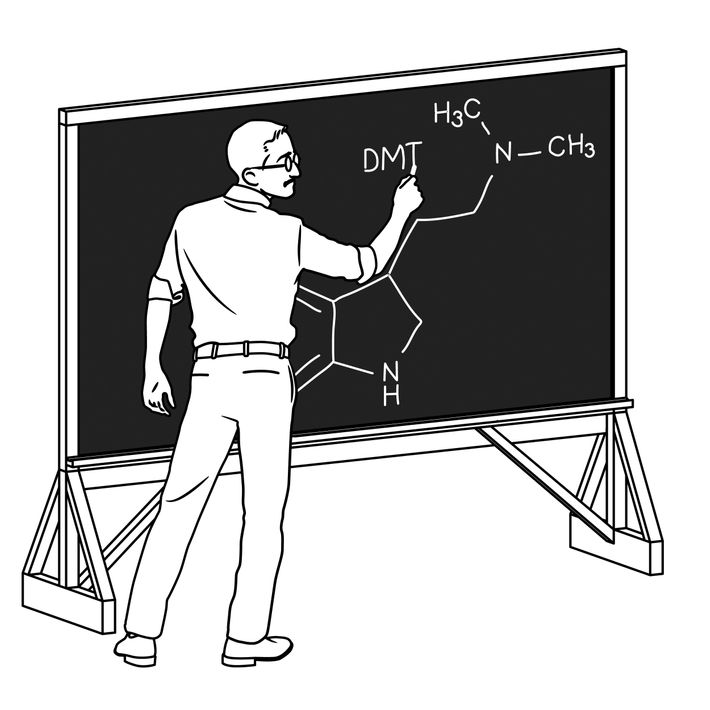
The Microdoser’s Tool Kit
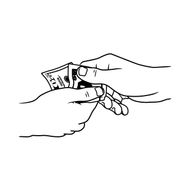
A dealer
In New York, some dealers are adjusting to the spike in microdoser clients by creating diluted liquid-LSD tinctures; others are offering use of their scales to help weigh mushrooms.
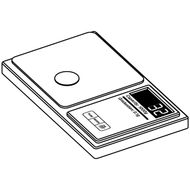
A scale
One that registers a thousandth of a gram helps people start as small as possible.
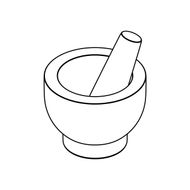
A grinder
Dried mushrooms are quite fragile, but a grinder (some like a mortar and pestle, others use coffee grinders) will yield a fine powder that microdosers will sprinkle into various ingestible things, even smoothies.
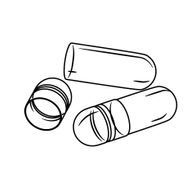
Gel caps
“Strongly earthy” is one way dried mushrooms have been described. Weighing them, grinding them into powder form, and putting them into gel capsules is a way to make measured-out microdoses and avoid their polarizing taste.
Or This Starter Pack
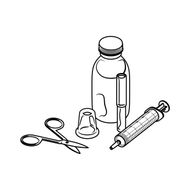
The Third Wave, a start-up dedicated to “responsible psychedelic use” founded by Paul Austin, offers both online guides to microdosing various substances and a $47 LSD starter pack that includes a sterilized amber bottle with distilled water for diluting, scissors for cutting off tabs of LSD, a sterile syringe for measuring out microdoses, and an LSD-testing kit (to make sure it really is LSD).
The Pretty-Much-Agreed-Upon Regimen
According to the Fadiman approach, people generally microdose once every three days for about a month — one day on, two days off. But why space it out? “After reading a lot of reports and talking to a lot of people, the effects were lasting for up to two days,” Fadiman says. “The psychedelics are actually gone within a few hours, but you have the same kind of feeling — functioning better — for two days.” There’s another reason to space it out: Psychedelics, while nonaddictive, can cause a tolerance to build. The most important thing to keep in mind: Fadiman advises taking a microdose before 10 a.m. “Taking it later may make it harder to fall asleep. From there, people should keep to their daily schedule: work, leisure, meals, medications, exercise.” After the month, Fadiman found that most people continued to microdose only occasionally, on an as-needed basis — for an exam, a presentation. Plus, like with most things, it’s good to take a break.
A Doser’s Diary
Tao Lin, whose book Trip: Psychedelics, Alienation, and Change comes out May 1, has dabbled in microdosing. Anticipating questions he thought he’d get on the topic while on tour, he did a trial run.
Day 1
10 A.M. Used one-sixth of a tab of 100 micrograms of LSD — a brand called Aztec Xtal, which may or may not be LSD or 100 micrograms.
11:58 A.M. Have more of a sense of humor and less despair than normal, smiling sometimes.
12:35 P.M. Feel distracted by the world instead of my thoughts, which are a lighter yet more controllable overlay than normal.
12:55 P.M. Half-consciously and pleasurably and unexpectedly biked from 25th to 3rd Street.
4:52 P.M. Attention span became lower than normal; feeling the lack of what I gained earlier.
10 P.M. Continued working — reading, writing — after temporary loss of attention. Feel like I had a day like when I used to use Adderall but with less underlying despair.
Day 2
10 A.M. Four days later, used one-sixth of a tab again. I’d planned on three days, but I was meeting my editor and wanted to be in a more familiar mental space.
11:41 A.M. Have greater ability to end undesirable thoughts.
11:54 A.M. Instead of blankly gazing at nothing, as can happen normally, my focus is flitting somewhat randomly around, scanning. My memory images seem stronger.
10:38 P.M. In bed. Had another almost continuously productive day — doing a phone interview, reading, writing, drawing.
Day 3
10 A.M. Two days later. Used one-12th of a tab — half as much.
4:11 P.M. Time has passed fast. The half-dose seems preferable. One-sixth felt sometimes overwhelming and disruptive to my normal routine, but this amount seems good to use occasionally and strategically.
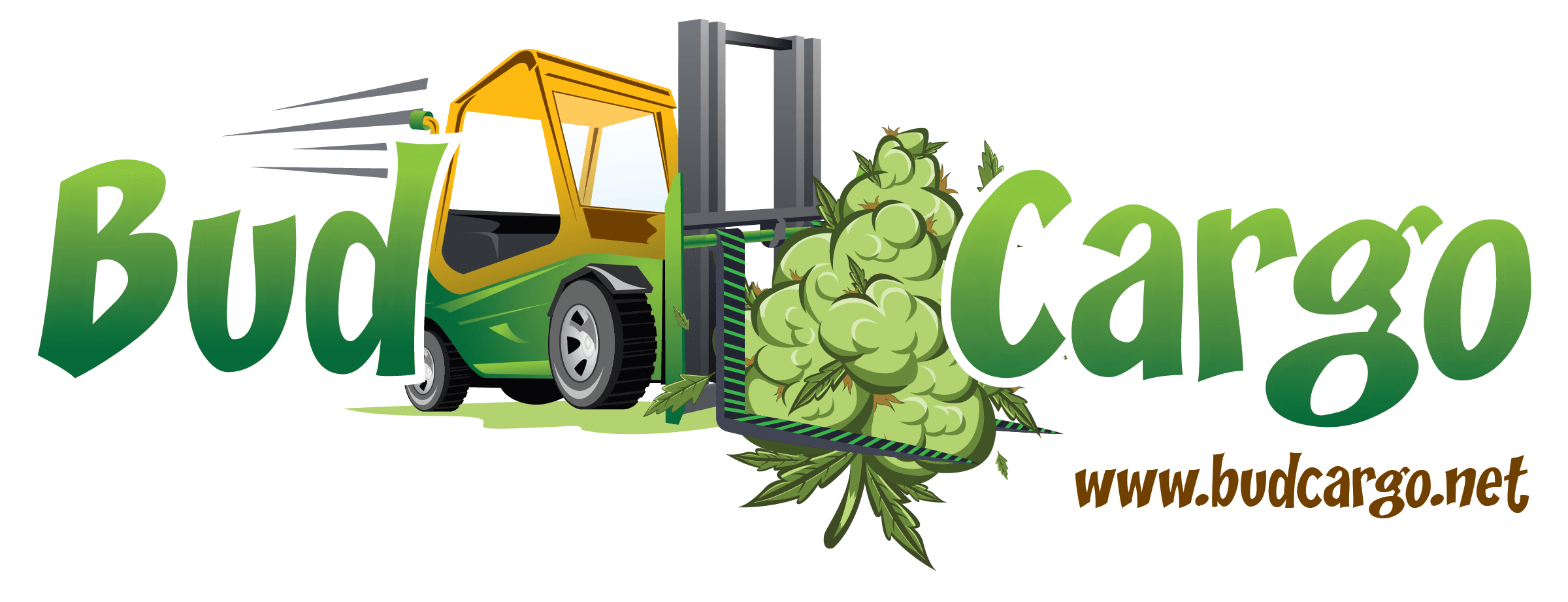

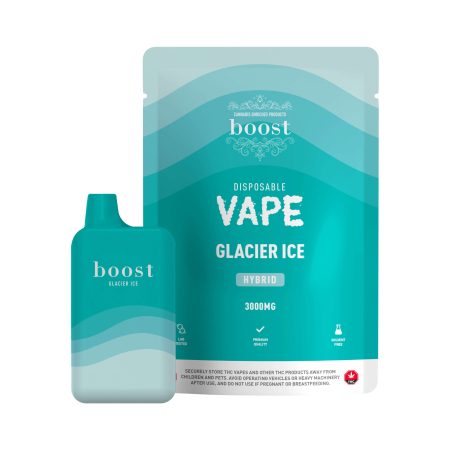
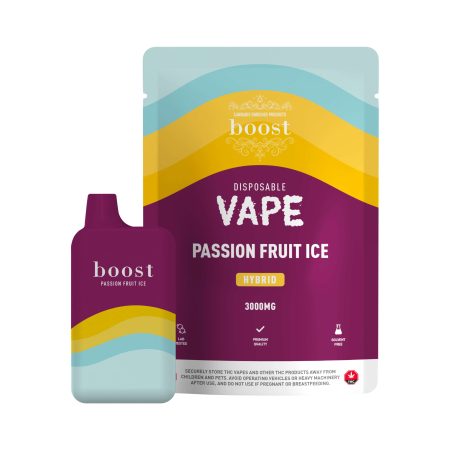
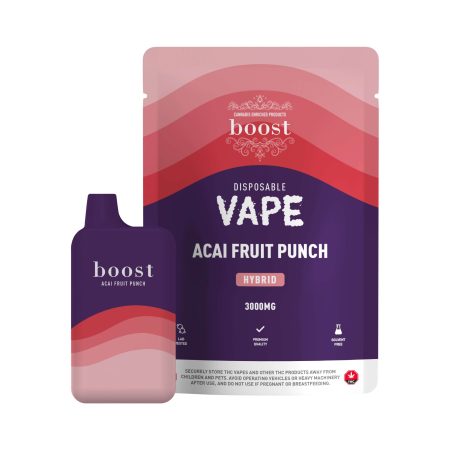
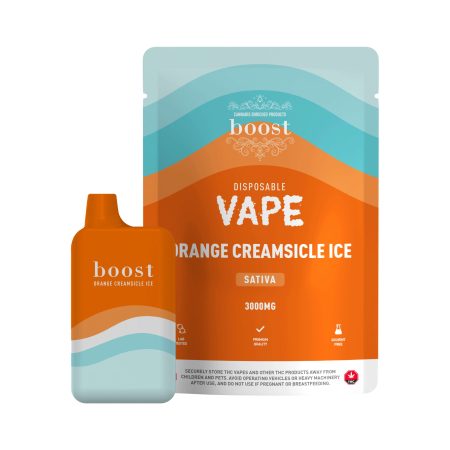
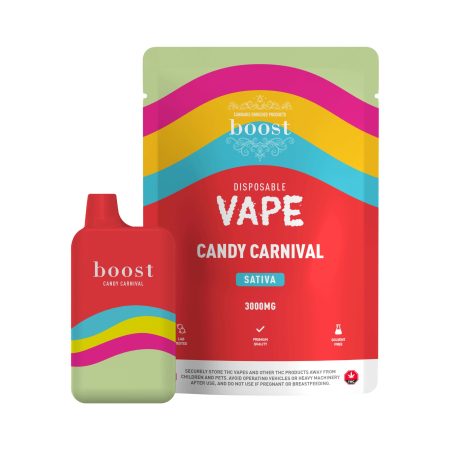
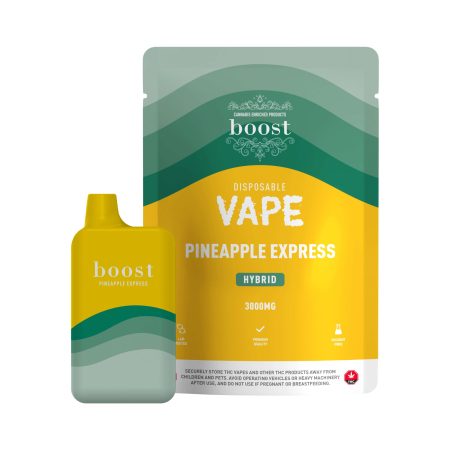
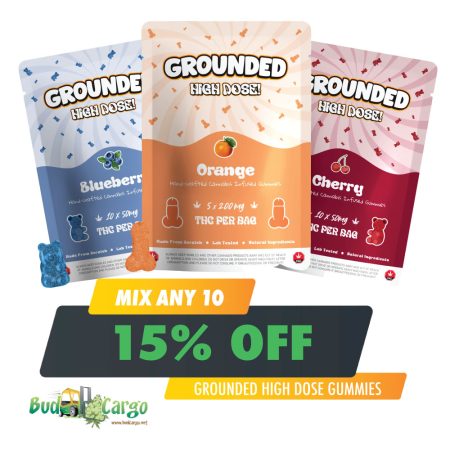
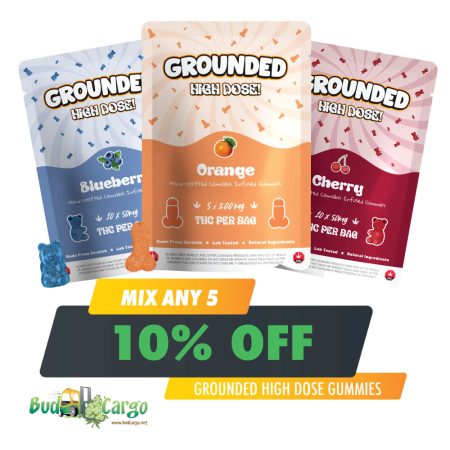
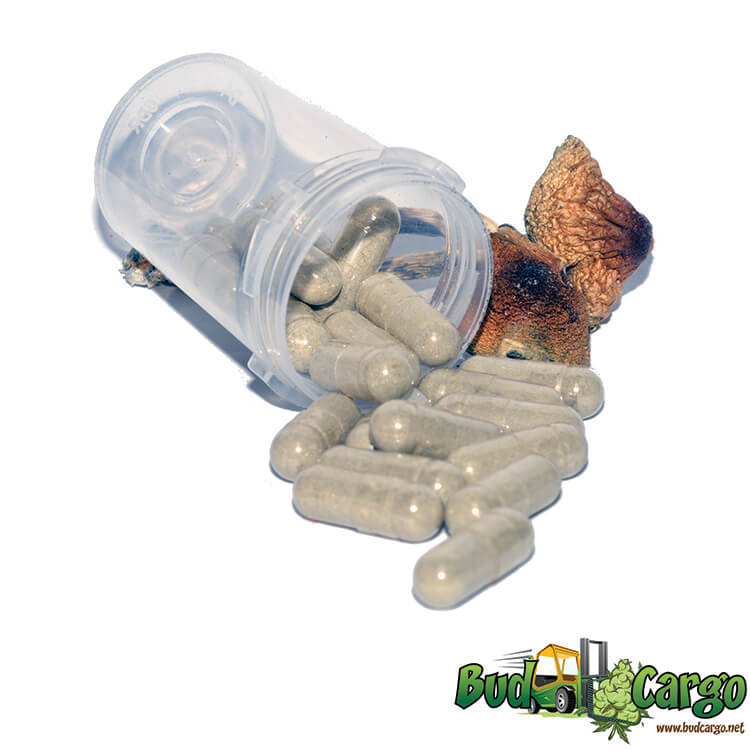
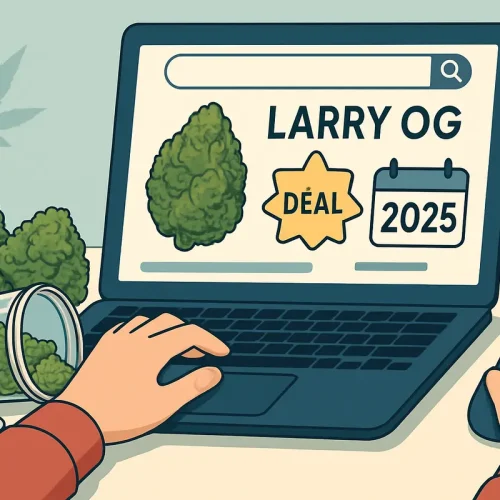

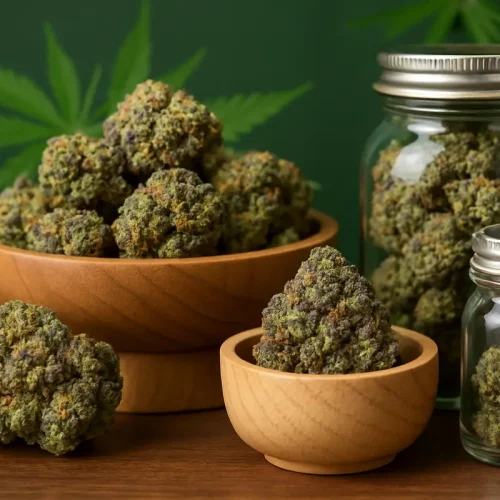
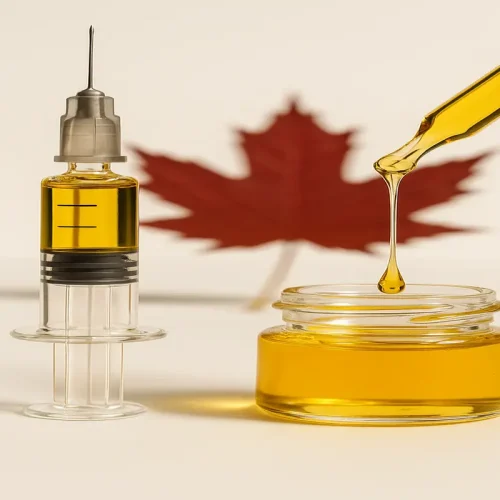

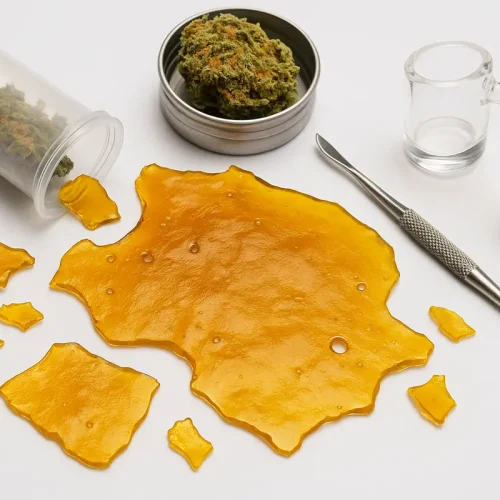




You must be logged in to post a comment.